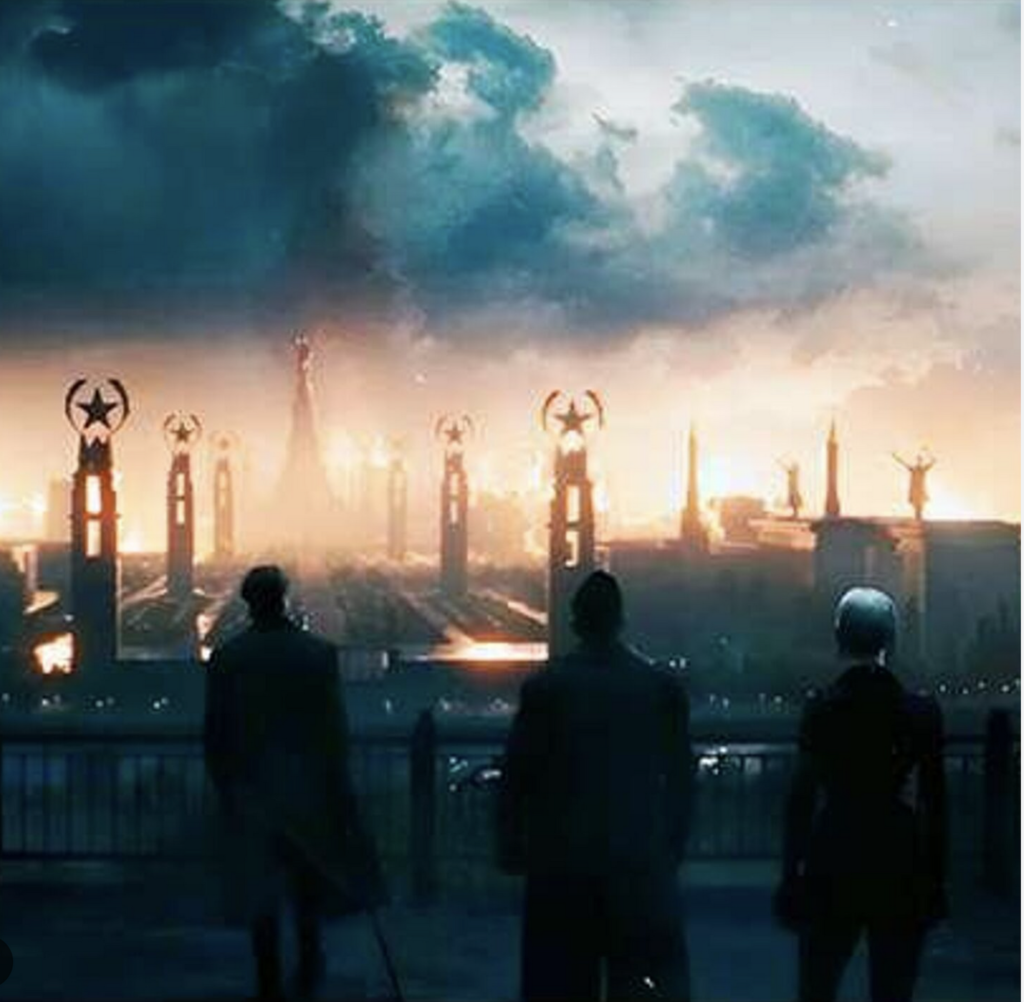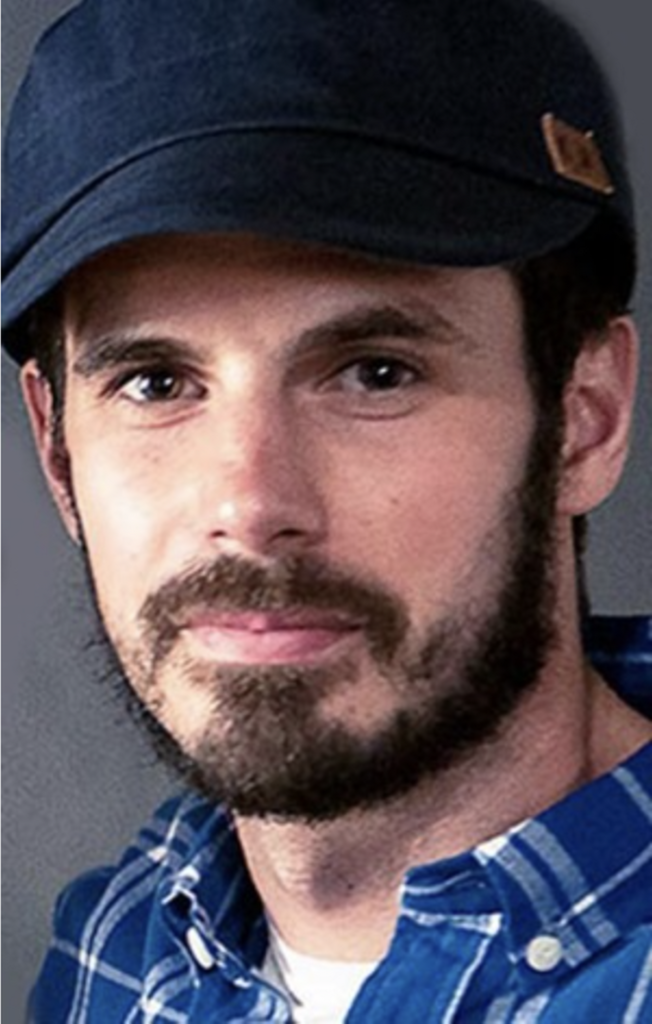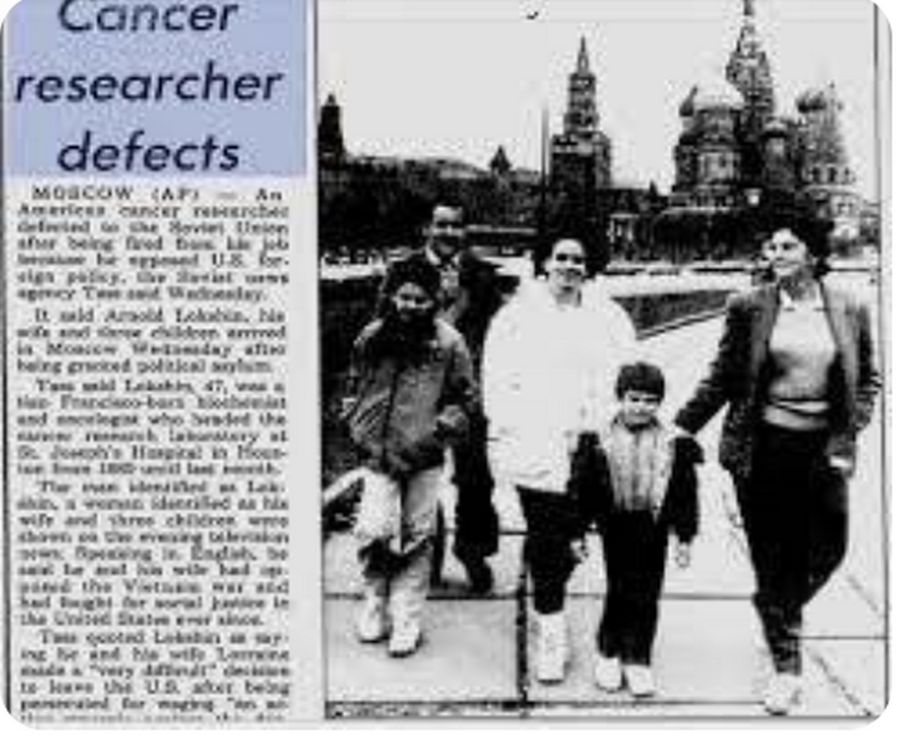
Moscow is burning, the final scene of the new film adaptation of the cult novel “Master and Margarita”
Some people were surprised by the fact that the funeral of Alexei Navalny, the most prominent leader of Putin’s opposition, was attended by thousands of Russians, despite the fact that participation in this action was very dangerous for the participants. It contradicted the belief that the protest movement is tremendously shrunk in the country lately.
It’s interesting that right before Navalniy’s death there was another event, which showed the obvious existence of anti-totalitarian moods in Russian society, though they were not reflected by statistics. The event was the release of a new film adaptation of the cult novel by Mikhail Bulgakov’s “Master and Margarita”, which became the biggest happening of the last years in the country.
The book, which was translated into 40 languages and over 100 million copies of it were sold worldwide, was already adapted for screen many times both in Russia and in different countries. Nevertheless, the new release made a commotion in Russia, equal to which was never made by any other film release in the entire period after the crash of communism in the country. For several weeks the release was the main, if not the only subject discussed on the Russian Internet. It seemed there wasn’t a popular person in Russia who wouldn’t write his or her own review of the film. There was a feeling that Russians considered the release of this film more important even than the news connected to the war in Ukraine. The audience’s opinion was drastically divided: some consider it the best adaptation of Bulgakov’s novel and the best Russian movie in this century, and some hated it and called it anti-Russian trash.
Bulgakov’s novel contains two stories: a story of sentencing Eashua (Jesus Christ) to death by Pontius Pilate and a story about a Russian writer, whom Bulgakov calls Master, writing a book about Pontius Pilate’s judgment, and then being persecuted himself by Soviet authorities and the whole Soviet society for writing this book. These events take place in Moscow in late 1920s or early 1930s, supposedly in 1929.
The new adaptation surrealistically broadened the time limits of the novel, creating on the screen not the Moscow of 1929, but the imaginary fantastic Moscow, which includes elements of different periods of Russian history both past and present. It also includes cityscapes that never existed in reality – futuristic fantasies of the architecture of “the communist future”.
Events described in Bulgakov’s novel are intertwined in the film with the events of Bulgakov himself writing this novel. The protagonist of the book, Master, and Bulgakov himself merge in the film into one person.
The movie is not just an adaptation of the book, it is also a comment, putting the most popular book in Russia in the context of history and this way helping the audiences to link atrocities of Soviet history (KGB, gulag, and so on) with contemporary events.
The final episode of the film is burning of Moscow. There were no such scene in Bulgakov’s book.
This ending especially outraged Putin’s loyalists who are calling for strong punishment of the filmmakers, who, by the Putinists’ opinion, invoked destruction of the capital of Russia and Russia itself.
Putinists were especially outraged by the facts that the director of the film is an American, and the film was mainly financed by the Russian government money.
The production started before the beginning of the war in Ukraine. Nobody expected that an adaptation of the classic book could create any controversy.
The producers were well known Russian producers, loyal to the government.
As for the director, Michael Lockshin: his story has a special interest, as it makes the entire situation of making and releasing this film symbolic.
The story of the director in some ways adds one more layer of association to the multi-layered film, which not only includes two plots that existed in Bulgakov’s book but also the plot of Bulgakov’s life added by the filmmakers.
I was surprised that the New York Times review of the film mentioned the fact that Lockshin is an American but did not include the story of his life.
Michael Lockshin was born in 1981 in the US. In 1986, his family moved to the USSR. Michael was 5 years old.
His father Arnold Lockshin was born in San Francisco in 1939.
“His ancestors on his father’s side were Russian Jews who fled to escape antisemitic persecution. Arnold performed cancer research at the USC School of Medicine between 1977 and 1980. From 1980 to 1986, Lockshin worked at the Stehlin Foundation, a cancer research facility associated with St. Joseph Hospital in Houston. He was terminated from that position…
“Lockshin said that the Federal Bureau of Investigation was involved in his firing and that he and his family had been the targets of death threats and other forms of harassment. Lockshin said that he and his wife had long supported socialism and that he had previously been a Communist Party USA organizer… He said that the government harassment was brought on by his political beliefs…
“In 1992 Lockshin received Russian citizenship by order of Russian President Boris Yeltsin. Subsequently, Arnold and Lauren disappeared from public view. Their current whereabouts are unknown. On July 21, 2013, Arnold Lockshin appeared on a TV talk-show hosted by Igor Vittel on the Russian RBC channel and spoke in support of political asylum for Edward Snowden.”
Michael Lockshin graduated with an MA degree in Psychology from Moscow State University. After graduation, he moved to London.
“While still studying in college, Lockshin started directing commercials and music videos. He shot commercials for over 10 years, and his spots won numerous awards, including the Cannes Lions Young Director’s Awards, Golden Drum, and others. The David Duchovny ad (2014) went viral internationally. Lockshin’s debut feature film, Silver Skates, shot in 2019, was released theatrically in Christmas 2020 in Russia to high acclaim. The movie became the first Russian-language Netflix Originals movie. It premiered as the Opening Film of the Moscow International Film Festival. At the 20th Golden Eagle Awards (2021), Silver Skates was nominated for 12 awards, a record in the history of the Golden Eagle Awards, and won 6 awards, including “Best Picture”. Lockshin himself was nominated for Best Director. The film also won “Best Picture” from the Association of Producers Awards (APKIT), and won several awards at the Nika Awards in 2021, with Lockshin up in the category “Discovery of the Year”.
“His second feature film became “The Master and Margarita.”
It was not a surprise that Russian producers chose Michael to direct their ambitious project of “Master and Margarita” and the Russian government agency participated in its financing.
The irony of the story is that after completing the film Michael was destined to leave Russia for the US, the way his parents left the US for Russia. Now he resides in LA.



